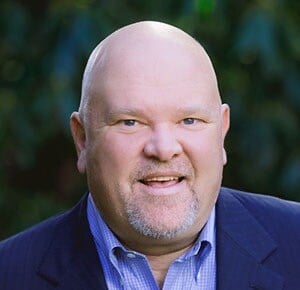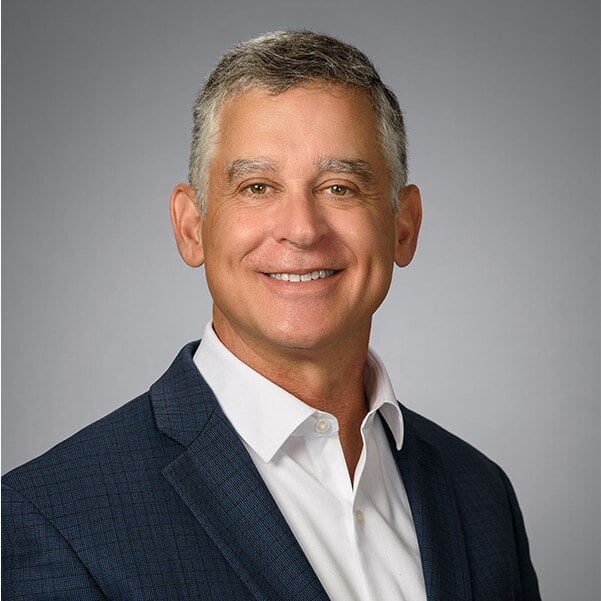Insights
One click, curated access to interviews, archived newsletters, industry deals, relevant industry conferences, and other useful data
FMP Blog
At 18% of the U.S. economy, healthcare has become too large, too complex, and too strategically critical for banks to treat like any other vertical.
FinMkt is revolutionizing embedded lending and payments technology with award-winning, cloud-based solutions
Xformative delivers specialized spend management to handle complex transactions, card processing and ledgering services with compliance and transparency.
Cybersecurity nightmares play out daily for CEOs across the HCIT/ fintech market. When your organization gets hit, will you be prepared?
New plan designs and affordability solutions are emerging as employers again seek ways to manage rising healthcare costs.
Three questions with Paul Kusserow, co-author of "The Coming Healthcare Revolution: 10 Forces That Will Cure America's Health Crisis"
Recent Newsletters
-
#38 - 01/14/2026 - Stripe accepts crypto, Xformative, AI agents
-
#37 - 12/10/2025 - Cybersecurity, AI to Simplify Billing
-
#36 - 11/12/2025 - ACH Plus, Payment Market Share Data
-
#35 - 10/15/2025 - Fifth Third, RevSpring, Versatile, Elavon
-
#34 - 09/17/2025 - Demystifying Healthcare Payments, Epic UGM
-
#33 - 08/13/2025 - Deals, crypto, cross-border healthcare payments
-
#32 - 07/9/2025 - Stablecoins have officially exploded, deal news
The intersection of healthcare and payments
We are keeping tabs on what is happening in healthcare payments. Let us do the work so that you don't have to. Sign up for our weekly newsletter for synthesized insights into the latest news in this space.






.png?width=352&name=image%20(15).png)
%20square.png)






